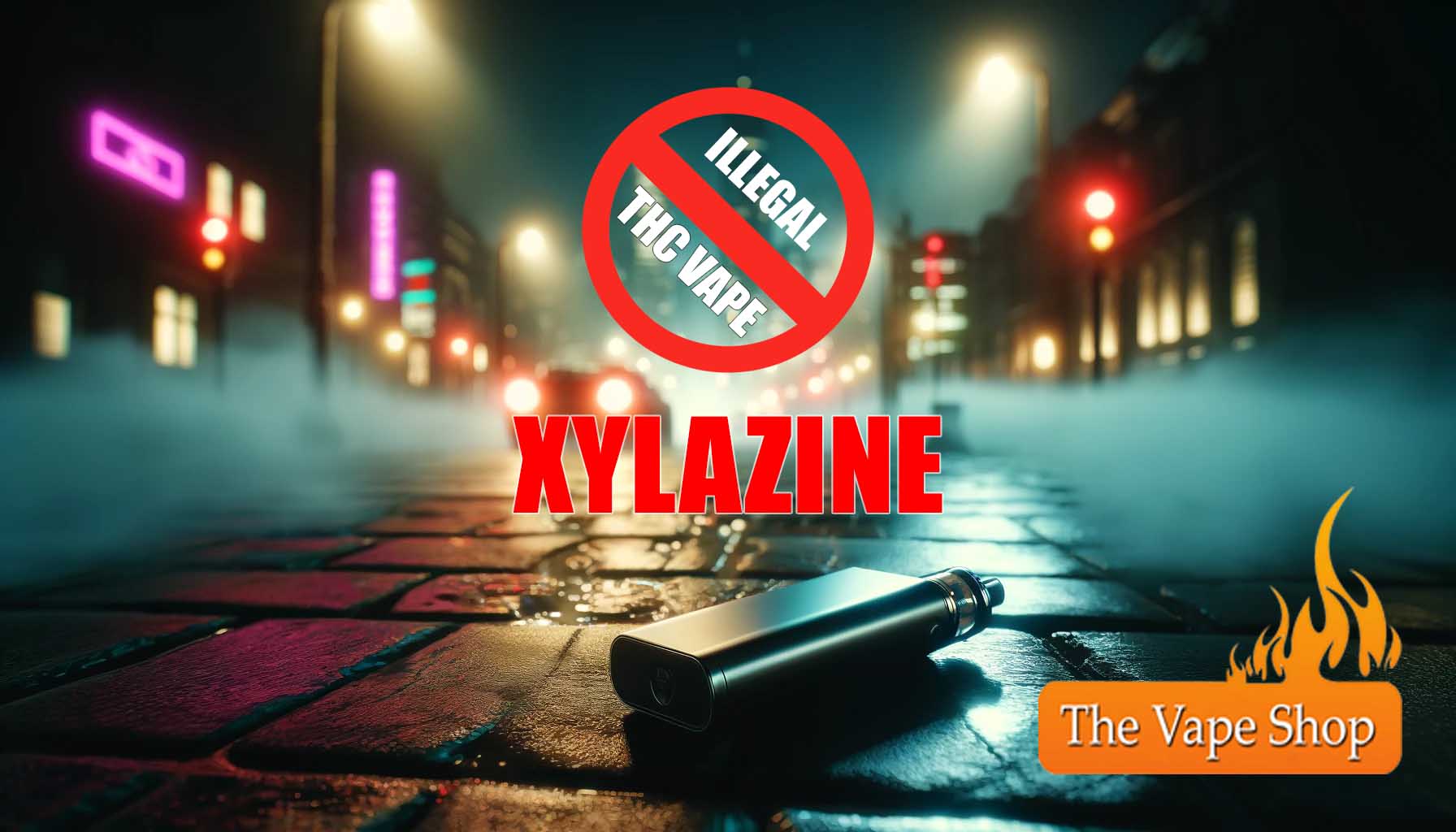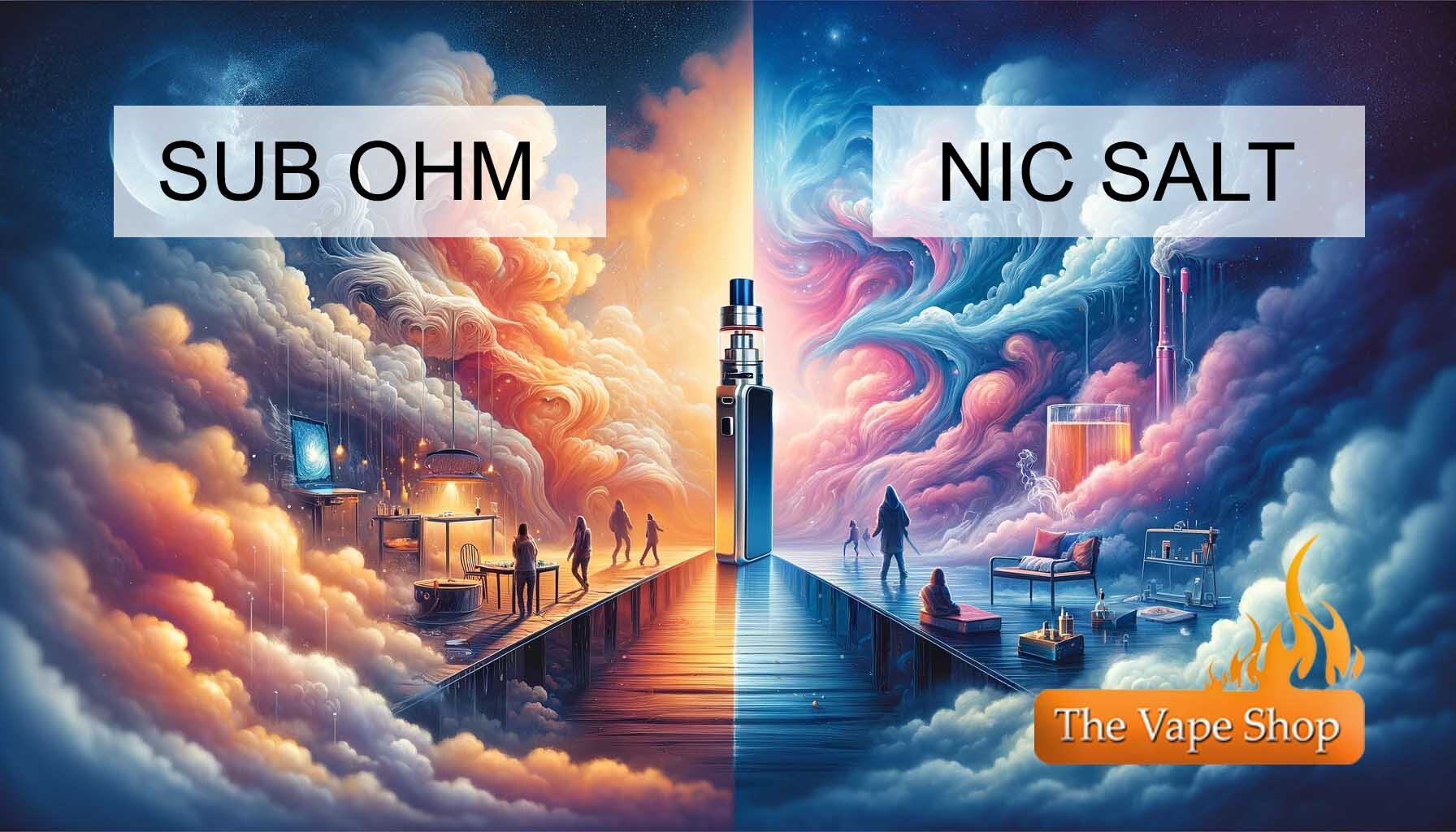With recent bans in Finland and Hungary will the UK government also look at plans to restrict access to certain e-liquid flavours, citing health concerns and the need to protect young people from the potential harm of vaping. This possibility has sparked a heated debate among the public and vaping community, with some supporting the move as necessary for public health, while others argue that it infringes on their freedom of choice and their right to access the products they prefer.
Currently, the UK government has existing and current restrictions and these are:
- Minimum age of purchase: 18 years old
- Ban on indoor use in public places and workplaces, including bars, restaurants, and schools
- Ban on the advertising of e-cigarettes in print and broadcast media
- Limits on the strength and volume of e-liquid that can be sold
- Requirements for child-resistant packaging and warning labels on e-cigarette products
- Restrictions on cross-border distance sales of e-cigarettes
The new restrictions that could be applied relate to sweet e liquids and dessert flavoured eliquids as these flavours are seen as attracting young new vapers. Below are some of the topics that are being fiercely debated.
Positive Impact of Imposed New Restrictions:
- Protecting Young People: One of the main reasons cited by the government for restricting access to certain e-liquid flavours is to prevent young people from taking up vaping. By limiting the availability of flavours that are particularly appealing to young people, such as candy and fruit flavours, the government hopes to discourage them from using e-cigarettes and reduce their exposure to the potential health risks associated with vaping.
- Reducing the Appeal of Vaping: By restricting access to certain flavours, the government hopes to reduce the overall appeal of vaping and make it less attractive to young people and others who may be considering taking up the habit. This could help to reduce the number of people who take up vaping and ultimately lead to fewer health problems and other negative outcomes associated with vaping.
Negative Impact of Imposed New Restrictions:
- Infringing on Freedom of Choice: One of the main arguments against restricting access to certain e-liquid flavours is that it infringes on people’s freedom of choice and their right to access the products they prefer. Proponents of this viewpoint argue that people should be free to choose the products they want to use, without interference from the government.
- Impact on Small Businesses: Another negative consequence of restricting access to certain e-liquid flavours is that it could have a significant impact on small businesses that sell vaping products. These businesses may be forced to stop selling certain flavours, which could hurt their bottom line and lead to job losses and other economic problems.
Where Should the Line of Government Enforcement Lie?
- Government vs Manufacturers and Sellers: The debate over where the line of enforcement control should lie is a key issue in the vaping debate. Some argue that the government should take a more active role in regulating the vaping industry and restricting access to certain e-liquid flavours, while others believe that manufacturers and sellers should be responsible for ensuring that their products are not marketed to young people and that they are sold in a responsible manner.
Comparison with Other Products
- Vaping vs Alcohol: One of the ways in which the debate over e-liquid flavours is often framed is in comparison with other products, such as alcohol. Proponents of restrictions on e-liquid flavours argue that the same types of restrictions are in place for alcohol and that similar measures should be taken to protect young people from the potential harm of vaping.
On-Going Debate
The debate over the UK government’s plans to restrict access to certain e-liquid flavours is a complex and nuanced issue that touches on a number of important issues, including public health, freedom of choice, and the role of government in regulating products. While there are compelling arguments on both sides, it is important to consider the potential impacts of restrictions on all stakeholders, including young people, small businesses, adult vapers, and the vaping industry as a whole.














